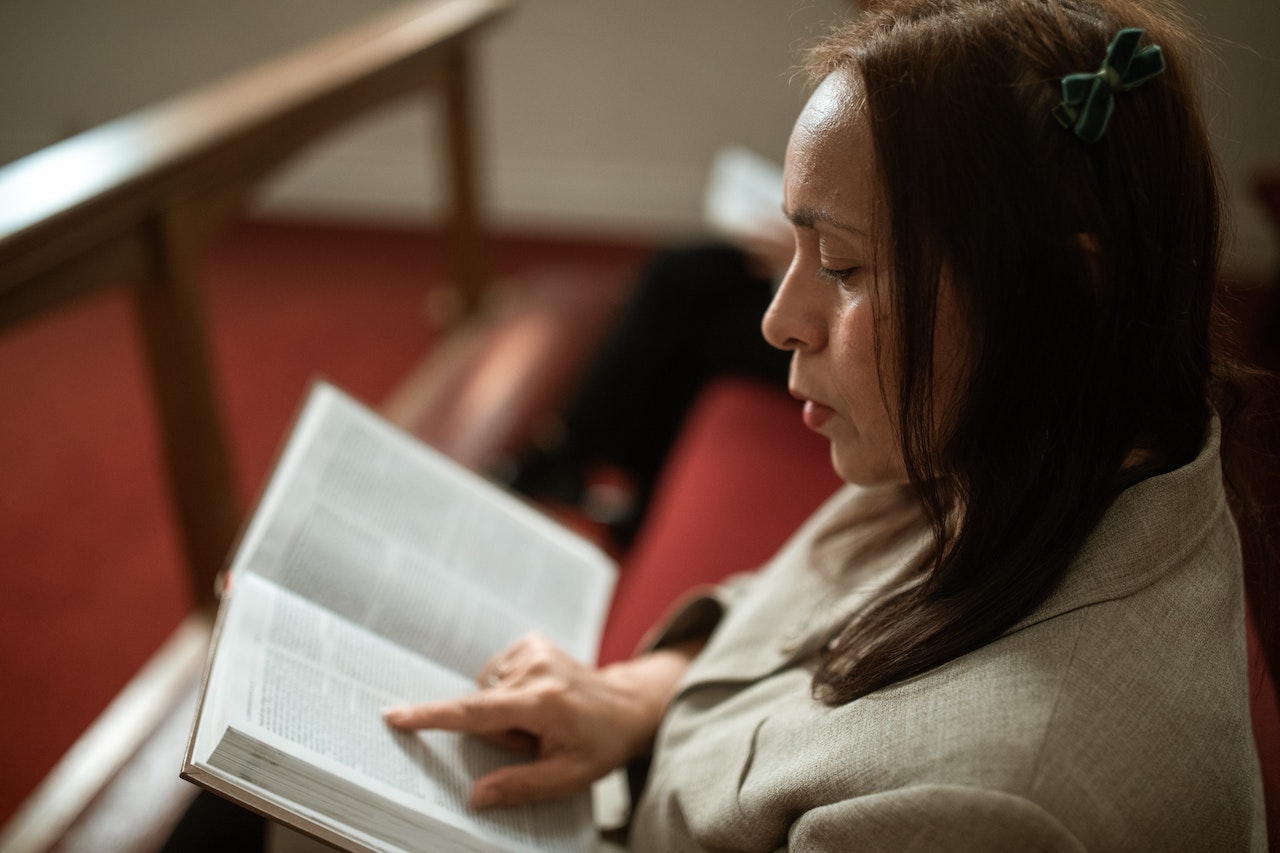The question of what happens to the souls of unbaptized babies has been a source of debate and discussion for centuries. While there is no definitive answer, there are a variety of theories and beliefs that have been proposed. This article will explore the various theories and beliefs surrounding the fate of the souls of unbaptized babies, as well as the implications of these beliefs.
Table of Contents
Exploring the Beliefs of Different Religions on the Fate of Unbaptized Babies
When it comes to the fate of unbaptized babies, different religions have different beliefs. For example, in Christianity, it is believed that unbaptized babies go to limbo, a place of natural happiness, but not the fullness of heaven. This belief is based on the idea that baptism is necessary for salvation.
In Judaism, the belief is that unbaptized babies are not held accountable for their sins and are welcomed into heaven. This is based on the idea that God is merciful and will not punish innocent souls.
In Islam, the belief is that unbaptized babies are not held accountable for their sins and will be judged on the Day of Judgment. This is based on the idea that God is just and will judge each person according to their deeds.
In Hinduism, the belief is that unbaptized babies are not held accountable for their sins and will be reincarnated. This is based on the idea that souls are eternal and will continue to be reborn until they reach enlightenment.
In Buddhism, the belief is that unbaptized babies are not held accountable for their sins and will be reborn in a better life. This is based on the idea that karma determines one’s destiny and that good deeds will lead to a better life.
No matter what religion you follow, it is important to remember that all souls are precious and deserve to be treated with respect and kindness. We may not always agree on the fate of unbaptized babies, but we can all agree that every soul deserves love and compassion.
Examining the Historical and Cultural Significance of Baptism
Baptism is a significant religious ritual that has been practiced for centuries. It is a rite of passage that marks the beginning of a person’s spiritual journey and is a symbol of their commitment to their faith. Throughout history, baptism has been used to signify a person’s acceptance into a religious community and to signify their commitment to living a life of faith.
Baptism has a long and rich history that dates back to the early days of Christianity. In the New Testament, Jesus was baptized by John the Baptist in the Jordan River. This event is seen as a pivotal moment in the history of Christianity and is often seen as the beginning of Jesus’ ministry. Baptism has since become a central part of Christian worship and is seen as a way to symbolize a person’s commitment to their faith.
Baptism is also an important cultural ritual. In many cultures, it is seen as a way to welcome a new member into the community and to signify their acceptance into the group. It is also seen as a way to celebrate a person’s life and to honor their commitment to their faith. In some cultures, baptism is seen as a way to bring good luck and to protect a person from evil spirits.
Baptism is an important ritual that has been practiced for centuries and has a deep and meaningful significance. It is a symbol of a person’s commitment to their faith and is a way to welcome them into a religious community. It is also an important cultural ritual that is seen as a way to celebrate a person’s life and to honor their commitment to their faith.
Investigating the Impact of Unbaptized Babies on the Afterlife
Have you ever wondered what happens to unbaptized babies after they die? It’s a question that has been debated for centuries, and one that still has no definitive answer.
The Catholic Church has long held that unbaptized babies go to limbo, a place of natural happiness, but without the Beatific Vision of God. This belief is based on the idea that unbaptized babies are not guilty of original sin, and therefore should not be punished for it.
However, this belief has been challenged in recent years. Some theologians argue that unbaptized babies should not be denied the Beatific Vision, as they are innocent and have not committed any sin. Others argue that unbaptized babies should be given the same chance as baptized babies to enter Heaven.
The debate over the afterlife of unbaptized babies is an important one, as it has implications for how we view the afterlife in general. If unbaptized babies are denied the Beatific Vision, then it could be argued that all people, regardless of their religious beliefs, should be denied the Beatific Vision. On the other hand, if unbaptized babies are given the same chance as baptized babies to enter Heaven, then it could be argued that all people should be given the same chance.
Ultimately, the answer to this question is still up for debate. What we do know is that unbaptized babies are innocent and should not be denied the Beatific Vision. We also know that the debate over the afterlife of unbaptized babies is an important one, and one that deserves further exploration.
Analyzing the Role of Faith in Determining the Fate of Unbaptized Babies
When it comes to the fate of unbaptized babies, faith plays an important role in determining their destiny. This is a difficult and complex topic, and one that has been debated for centuries.
The Catholic Church has long held that unbaptized babies are destined for limbo, a place of natural happiness, but not the Beatific Vision of Heaven. This belief is based on the idea that baptism is necessary for salvation, and that unbaptized babies are not able to receive the grace of God.
However, there are other interpretations of the fate of unbaptized babies. Some believe that unbaptized babies are given the chance to be baptized in the afterlife, and that they will be saved if they accept the grace of God. Others believe that unbaptized babies are given the chance to accept the grace of God in the afterlife, and that they will be saved if they do so.
Ultimately, the fate of unbaptized babies is a matter of faith. Each person must decide for themselves what they believe, and how they will live their lives in accordance with their beliefs. No one can definitively answer the question of what happens to unbaptized babies, and it is up to each individual to decide what they believe.
Conclusion
The question of where the souls of unbaptized babies go is a difficult one to answer. Ultimately, it is a matter of faith and personal belief. Some believe that unbaptized babies go to a place of peace and joy, while others believe that they are not given a place in Heaven. Ultimately, it is up to each individual to decide what they believe and how they will approach this difficult question.
For licensing reasons, we must provide the following notice: This content was created in part with the help of an AI.


